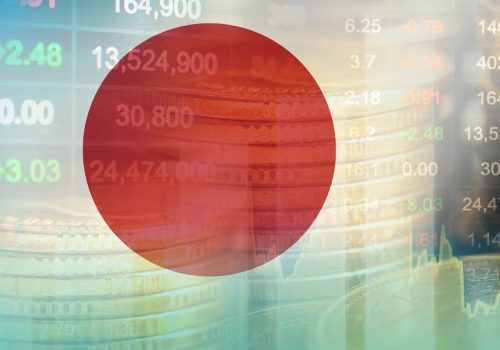Japan was the only country with an interest rate below zero
Japan hikes key interest rate after 17-year hiatus With this, Japan has come out of negative interest rates since 2016. Japan is the second largest economy in Asia, having had interest rates below zero.
The Bank of Japan (BoJ) has raised interest rates from zero to positive 0.1 percent on the basis that the target of bringing the base interest rate from negative 0.1 percent to zero to 2 percent through inflation is being realized.
With the increase in the base interest rate, the interest rate on bank loans will increase, but observers believe that this will not significantly affect the financial condition of people, housing loans and revised interest rates. The last time Japan raised interest rates was in 2007.
Japan, which has been in the grip of deflation for a long time, is now slowly recovering. A deflation is when inflation falls below zero. Deflation is just as damaging to the economy as high inflation. Japan is trying to get out of deflation through measures such as raising workers' wages.
Bank of Japan has also decided to abandon the Yield Curve Control-YCC (Government Bond Purchase Scheme) and purchase of high-risk ETFs as part of measures to ensure financial stability.
What is negative interest?
Banks should receive interest from the central bank by depositing the surplus liquidity obtained by the country's commercial banks through deposits and the like in the central bank, the Bank of Japan. However, this advantage was not available to banks due to negative interest.
Instead of depositing the excess money in the central bank, the central bank intended to encourage it to be made available as loans to the people and to commercial and industrial establishments, thereby increasing the flow of money into the market and exiting deflation. This is Japan's first departure from this policy since 2016.
The value of the Japanese yen has fallen
The yen fell 0.8 percent to 150.38 against the dollar following the Bank of Japan's move to raise key interest rates. At the same time, due to the increase in interest rates, the yield rate of Japanese government bonds has increased.






